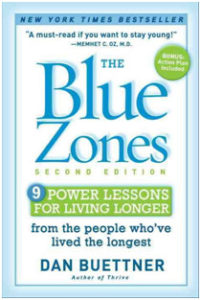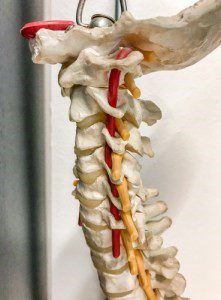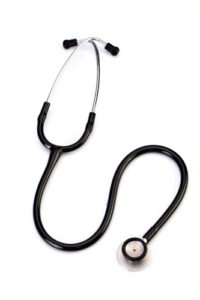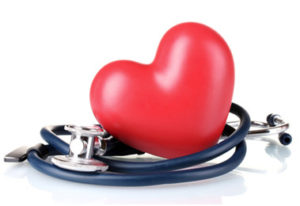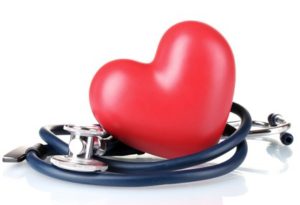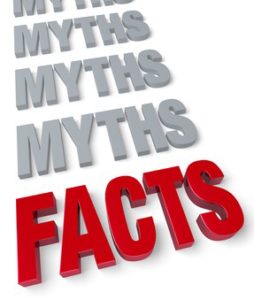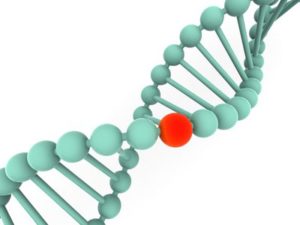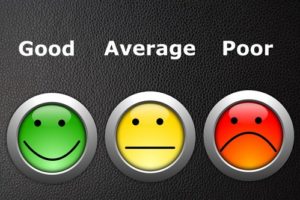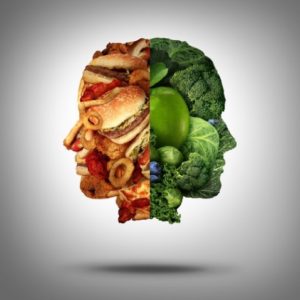Position of the International Society of Sports Nutrition On Protein & Exercise
Author: Dr. Stephen Chaney
 There is so much conflicting information about how much protein we should be getting. Some experts say we are eating too much. Others say we are eating too little. Some experts say we should just eat fruits and vegetables. Others say we should load up on meat. Some experts say athletes need more protein. Others say they get plenty of protein in the standard American diet. No wonder you are confused!
There is so much conflicting information about how much protein we should be getting. Some experts say we are eating too much. Others say we are eating too little. Some experts say we should just eat fruits and vegetables. Others say we should load up on meat. Some experts say athletes need more protein. Others say they get plenty of protein in the standard American diet. No wonder you are confused!
So, how much protein do athletes need?
Because of all the conflicting advice, I thought it would be worthwhile to share with you the International Society of Sports Nutrition Position Statement on protein and exercise (R. Jagr et al, Journal of the International Society of Sports Nutrition 14:20, 2017. DOI: 10.1186/s12970-017-0177-8).
How Much Protein Do Athletes Need?
Before summarizing the International Society of Sports Nutrition (ISSN) recommendations, I should start by pointing out that these recommendations are focused on the effect of protein on exercise performance. They are also focused more on high performance athletes than on those of us who are just trying to stay fit.
I have covered protein needs of people of all ages and exercise intensities in my article “How Much Protein Do You Need?” and will refer to that article from time to time.
Here are the ISSN recommendations:
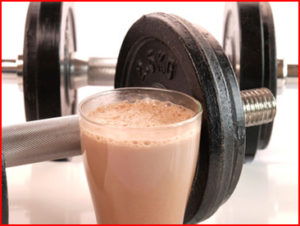 #1: “An acute exercise stimulus, particularly resistance exercise, and protein ingestion both stimulate muscle protein synthesis and are synergistic”. In simple English, exercise and protein work synergistically to help you increase muscle mass.
#1: “An acute exercise stimulus, particularly resistance exercise, and protein ingestion both stimulate muscle protein synthesis and are synergistic”. In simple English, exercise and protein work synergistically to help you increase muscle mass.
#2: “For building and maintaining muscle mass…, an overall daily protein intake in the range of 0.6 – 0.9 gm/pound body weight/day is sufficient for most exercising individuals”. This is 1.7-2.5 times the RDA for sedentary individuals, and is more appropriate for elite athletes than for your average weekend warrior or fitness enthusiast.
Protein Requirements Calculator
They make the point that protein alone is sufficient for increasing muscle mass following resistance training. However, they also say that addition of carbohydrate to a protein supplement improves muscle glycogen recovery and reduces post-workout muscle soreness.
I also prefer some carbohydrate with a protein supplement because of a phenomenon called “protein sparing.” In brief, in the absence of carbohydrate, some of the ingested protein is converted to glucose to restore blood glucose levels and muscle glycogen stores. If you include carbohydrate with the protein, the carbohydrate will be used to restore blood glucose & glycogen, and all the protein can be used to increase muscle mass.
#3: “There is novel evidence that suggests higher protein intake (>1.36 gm/pound body weight/day) may promote loss of fat mass in resistance-trained individuals”. This recommendation is primarily for body builders.
#4: “Optimal protein intake per serving…depends on age and [the intensity of] recent resistance exercise. General recommendations are…a dose of 20-40g”. In general, young people require less protein following exercise than older people. I have covered age-specific protein recommendations in my article “How Much Protein Do You Need?”. As for intensity of exercise, most of us engage in moderate intensity exercise and should aim for the lower dose recommended by the ISSN. The higher dose is more appropriate for elite athletes engaged in high intensity training.
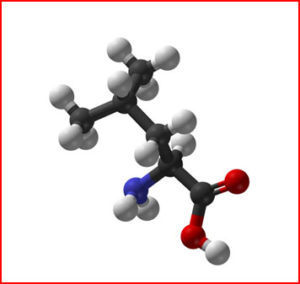 #5: “Acute protein doses should strive to contain 700-3,000 mg of leucine…in addition to a balanced array of the essential amino acids”. Older people also need more leucine than younger people. I have discussed age-related leucine needs in my article “Does Leucine Trigger Muscle Growth?”.
#5: “Acute protein doses should strive to contain 700-3,000 mg of leucine…in addition to a balanced array of the essential amino acids”. Older people also need more leucine than younger people. I have discussed age-related leucine needs in my article “Does Leucine Trigger Muscle Growth?”.
It is worth noting that in their position statement, the ISSN did not recommend any of the other ingredients that you often find in protein supplements.
#6: “These protein doses should be evenly distributed, every 3-4 h, across the day”. If you consume too much protein at one time, the excess will not be used for building muscle.
#7: “The optimal time period during which to ingest protein is likely a matter of individual tolerance…However, the anabolic effect of exercise is long-lasting (at least 24 h), but likely diminishes with increasing time post-exercise”. While the anabolic effect of exercise lasts for 24 hours or more, the maximum anabolic effect occurs during the first 2-4 hours after exercise. This is why a post-workout supplement is generally recommended immediately following a workout. Because there is a limit to how much protein can be consumed at any one time, additional protein should be consumed at regular intervals over the next 24 hours (recommendation #6).
#8: “While it is possible for physically active individuals to obtain their daily protein requirements through the consumption of whole foods, supplementation is a practical way of ensuring intake of adequate protein quality and quantity, while minimizing caloric intake.”
 #9: “Rapidly digested proteins that contain high proportions of essential amino acids and adequate leucine are most effective in stimulating muscle protein synthesis.” This recommendation is most appropriate for protein(s) ingested during the acute 2-4 hour anabolic phase immediately after exercise. During the remaining 24 hours of the anabolic phase, it is more important to maintain a constant amino acid concentration in the bloodstream. For this reason, I generally recommend more slowly digested proteins, such as meat or soy, between 4 and 24 hours after exercise.
#9: “Rapidly digested proteins that contain high proportions of essential amino acids and adequate leucine are most effective in stimulating muscle protein synthesis.” This recommendation is most appropriate for protein(s) ingested during the acute 2-4 hour anabolic phase immediately after exercise. During the remaining 24 hours of the anabolic phase, it is more important to maintain a constant amino acid concentration in the bloodstream. For this reason, I generally recommend more slowly digested proteins, such as meat or soy, between 4 and 24 hours after exercise.
#10: “Different types and quality of protein can affect amino acid bioavailability following protein supplementation.” Simply put, there are a lot of “junk” protein supplements out there. Look for a manufacturer with a reputation for integrity and for product quality.
#11: “Athletes should consider focusing on whole food sources of protein that contain all the essential amino acids.” Simply put, you should avoid supplements that contain only a few selected amino acids. Instead, choose supplements that provide whole protein from natural sources. Leucine, for example, is very beneficial when added to a whole protein supplement containing all the essential amino acids, but leucine by itself would be of little value.
 #12: “Endurance athletes should focus on achieving adequate carbohydrate intake to promote optimal performance; the addition of protein may help offset muscle damage and promote recovery.” In short, endurance athletes benefit from a combination of carbohydrate and protein, but carbohydrate is of primary importance.
#12: “Endurance athletes should focus on achieving adequate carbohydrate intake to promote optimal performance; the addition of protein may help offset muscle damage and promote recovery.” In short, endurance athletes benefit from a combination of carbohydrate and protein, but carbohydrate is of primary importance.
#13: “Pre-sleep casein intake (30-40 g) provides increases in overnight muscle protein synthesis and metabolic rate without decreasing the overnight fat breakdown.” The definitive studies on this have been fairly recent. This recommendation is most appropriate for elite athletes who are primarily interested in increasing muscle mass. For the rest of us, calorie considerations would outweigh the small increment in muscle mass we could gain overnight.
The above gives a summary the ISSN statement on protein and exercise and offers an answer to the question how much protein do athletes need?
The Bottom Line
This article is different from my previous articles in that it is a summary. It would be pointless to make a summary of a summary, so I have done away with “The Bottom Line.” Read the article above for a quick summary of the International Society for Sports Nutrition position statement on protein and exercise.
These statements have not been evaluated by the Food and Drug Administration. This information is not intended to diagnose, treat, cure or prevent any disease.



